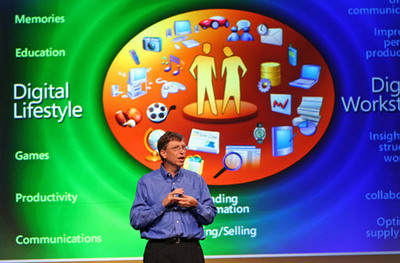Don’t Ask Us Questions. We’ll Just Ignore You.
One of the funniest things on the internet, for my money, is Eric S. Raymond’s epic FAQ, How To Ask Questions The Smart Way.
It’s 32 pages, 1,066 paragraphs, 10,289 words, and 51,757 characters. That you must read before you ask a technical question of any kind.
It opens with this disclaimer, which sets the tone for the entire document:
We have learned the hard way that without [a notice that this document is not a help desk], we will repeatedly be pestered by idiots who think having published this document makes it our job to solve all the world’s technical problems.
If you’re reading this document because you need help, and you walk away with the impression you can get it directly from the authors, you are one of the idiots in question. Don’t ask us questions. We’ll just ignore you. We are here to show you how to get help from people who actually know about the software or hardware you’re dealing with, but 99% of the time that will not be us. Unless you know for certain that one of the authors is an expert on what you’re dealing with, leave us alone and everybody will be happier.
And if you dare to ask a question without reading the question FAQ first, well, you’re a loser:
Among hackers, “Good question!” is a strong and sincere compliment.
Despite this, hackers have a reputation for meeting simple questions with what looks like hostility or arrogance. It sometimes looks like we’re reflexively rude to newbies and the ignorant. But this isn’t really true.
What we are, unapologetically, is hostile to people who seem to be unwilling to think or to do their own homework before asking questions. People like that are time sinks – they take without giving back, and they waste time we could have spent on another question more interesting and another person more worthy of an answer. We call people like this “losers” (and for historical reasons we sometimes spell it “lusers”).
Of course, users who ask clueless questions haven't the foggiest idea where to find a question FAQ – and even if they did, they certainly wouldn't have the patience to read it. This inevitable fact of life is utterly and completely lost on Eric S. Raymond. It’d be funnier if it wasn’t so sad.

This speaks volumes about the difficulty the open source community has had delivering usable software. You can’t fix users by berating and browbeating them into better modes of behavior. What you can do, however, is develop software that is tolerant of mistakes, software that gently guides users in the right direction.
But there’s one question that nags at me. If we know the intended audience will probably never see it, who exactly was How To Ask Questions The Right Way written for?








